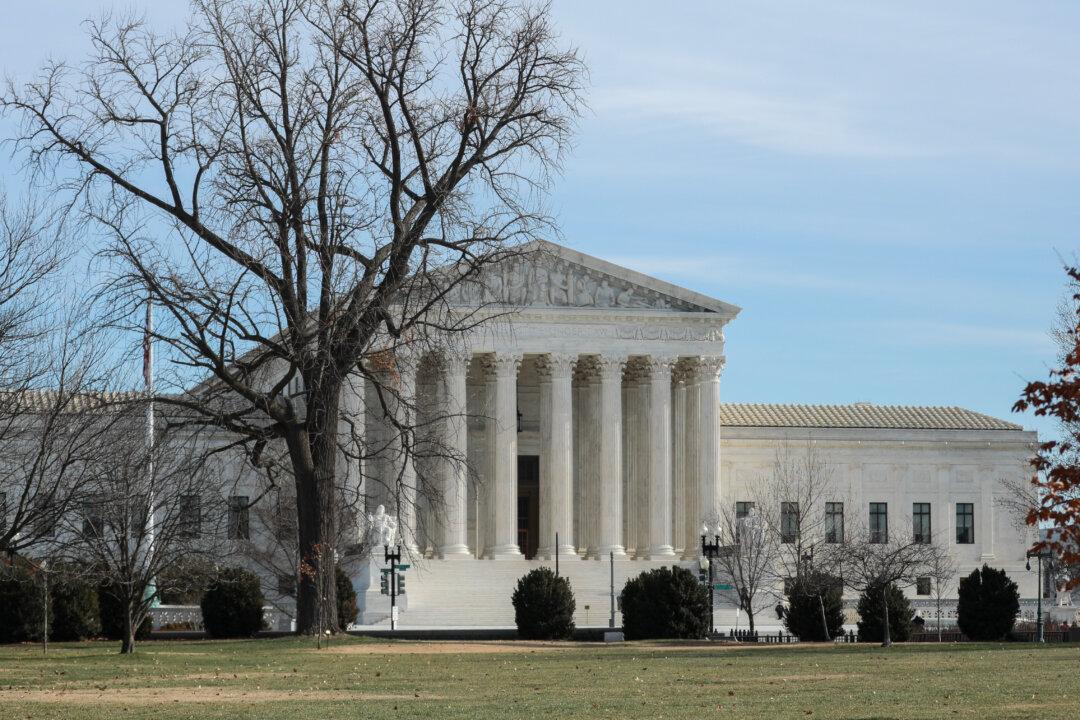The Supreme Court ruled on Tuesday that the family of a Mexican teen who was shot and killed by a border patrol agent outside the country cannot pursue a claim of damages against the officer.
The top court justices ruled 5-4 that a Bivens claim cannot be extended to this case where there would be serious foreign affairs and national security consequences. The Bivens doctrine gave private citizens the implied right to sue a federal officer, acting under federal authority, who had violated the Constitution for damages. The doctrine came out of the 1971 Supreme Court case Bivens v. Six Unknown Named Agents.




